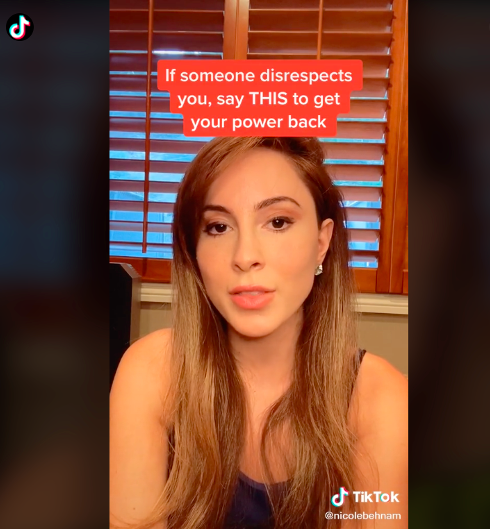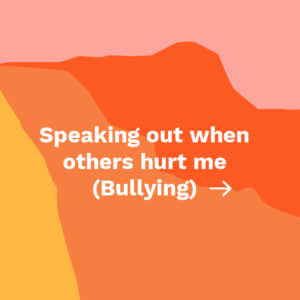
Speaking out can be confronting a partner, colleague, or friend about things they say or do that make you uncomfortable. It is not easy, but the most important thing you can do is set clear boundaries and recognise when they are crossed. It about voicing your discomfort when someone makes you feel uncomfortable.
Now, speaking out and standing up for yourself can be pretty daunting. It is perfectly natural to feel uneasy about standing up for yourself. It’s a skill that needs to be practiced. Being able to speak out is super important for improving the quality of your adult relationships. To hold those around us accountable for their actions, we must be able to communicate in a healthy and effective manner – and this is something that must be reciprocated. Everyone should feel comfortable expressing their feelings or discomfort.
Failing to hold others accountable for questionable behaviours is doing them a disservice; tiptoeing around the problem only allows it to worsen, and potentially affect more people.
It can be difficult to start that initial conversation; here are some steps you can take before speaking out. Hopefully these will make the process a whole lot easier.
Recognise and identify the problematic behaviour, and then vocalise how it specifically affects you. As humans we a generally dislike being told what we’re doing wrong. If this is a relationship you want to keep, try not to come across as attacking the other person; talk about the problem in a calm and mature manner. Focus on the issue or behaviour at hand, and don’t get personal.
After speaking out, if their response invalidates your emotions, or dismisses the situation, it might be time to re-evaluate the relationship. Similarly, when confronted with our own faults, it’s important to remain mature and be open to change. Be considerate and try see their side of the story, as you hope they would for you.
Be patient but be firm. You deserve the best.
Change your perspective and uncover a way forward for you!
Here are some things that can help you with that.
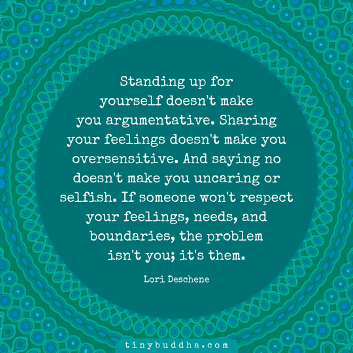
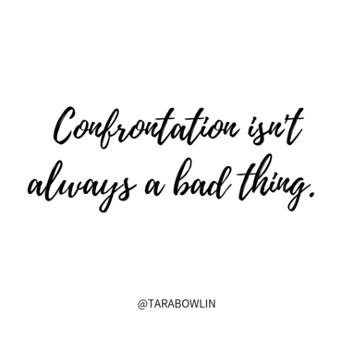
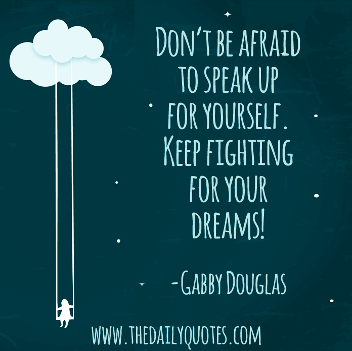
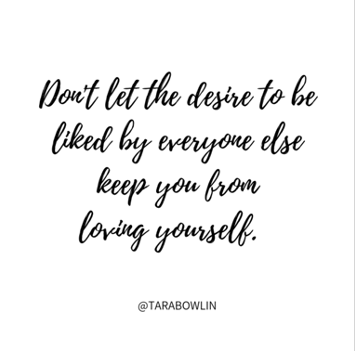
YouTube
Great
reads
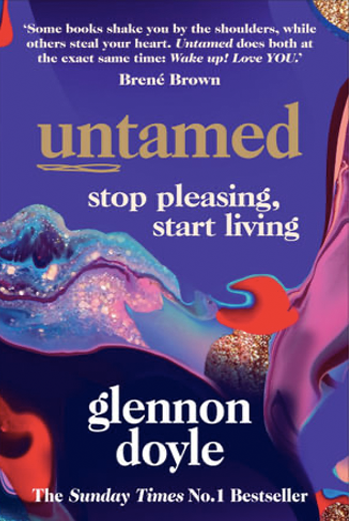
Untamed by Glennon Doyle
A hilarious, frank and witty collection of responses from the “Ask Polly” column in New York magazine’s The Cut. From toxic relationships, to breakups, this book deals with all the modern challenges of being a young adult in the world.
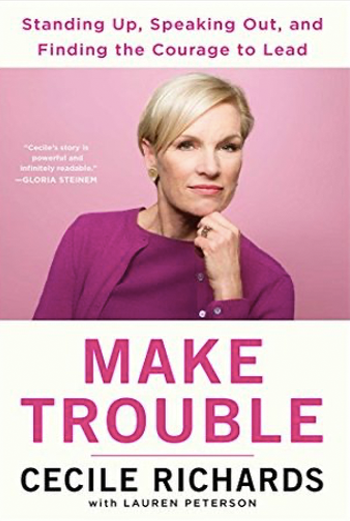
Make Trouble by Cecile Richards
This book is a must-read for people who find themselves trapped in self-destructive relationships. Norwood describes loving too much as a pattern of thoughts and behaviour which end up being your worst enemy.
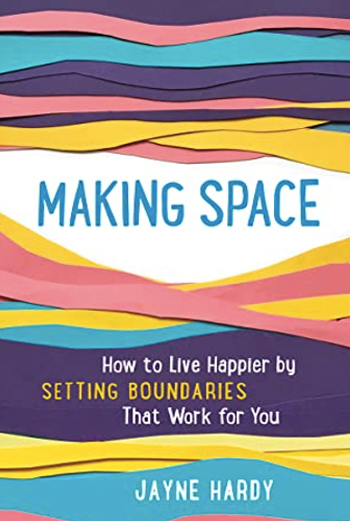
Making Space by jayne Hardy
In this warm, supportive, and straightforward guide, Lundy Bancroft and JAC Patrissi offer a way for you to practically and realistically take stock of your relationship and move forward.
Great
Films

The Secret Life of Walter Mitty
Walter Mitty works a dead-end office job, and dreams up romantic and action-filled scenarios to escape from his monotonous life. When his job is threatened, he sets out on a real journey.
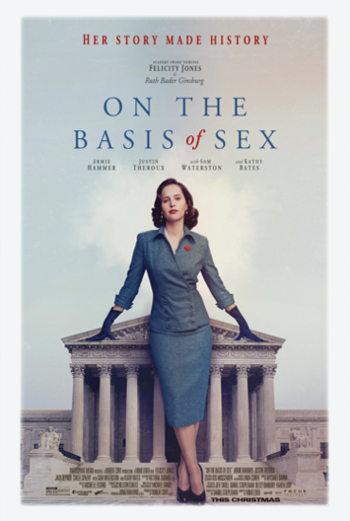
On the Basis of Sex
This biographical legal drama film is based on the life of US Supreme Court Justice Ruth Bader Ginsburg, and her struggle for equal rights

Hidden Figures
Hidden Figures explores the story of a team of African-American mathematicians, working at NASA during the U.S space program and experiencing the sexism and racism of a male-dominated field.
Podcasts

Happier
Rubin helps us become happier, healthier, more productive and more creative; she knows there is no one-size-fits-all solution. She shares insights, strategies and stories that help people understand themselves and create a happier life.
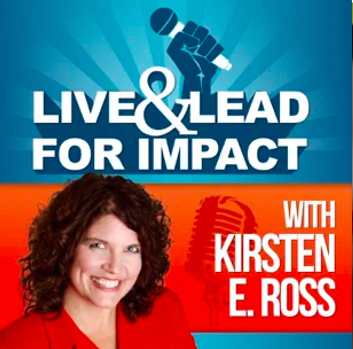
Live & Lead for Impact
Kirsten E. Ross, the ‘expert of transformation’ guides listeners through realising and utilising their individual strengths and purpose. Leave fears and false belief’s behind, and start living your best life.

Ctrl Alt Delete
This is not a traditional career podcast. It’s a podcast for people who’ve looked at their interests to shape the work they do.
What science says
Research shows we often misjudge how assertive we are being. We over-estimate how assertive and dominating our behaviour comes across. Research finds that 57% of people, judged by others as being under-assertive, thought they themselves were either appropriately assertive or overly assertive. Plus, those who were judged to be appropriately assertive by others, though
Places to find more resources
Would you like to get inspired about your life?
Join a Highway session today.
If you would like to explore what’s going on for you today, then just jump on! You will be welcomed to a safe, warm, non-judgemental space where you can be yourself and uncover what is important to you. You have all the answers. Let us help you find your way.

Donate and inspire young people to a positive pathway in life.
Giving all young people the gift of being heard, connected and feeling empowered to follow their path to becoming the best versions of themselves.


